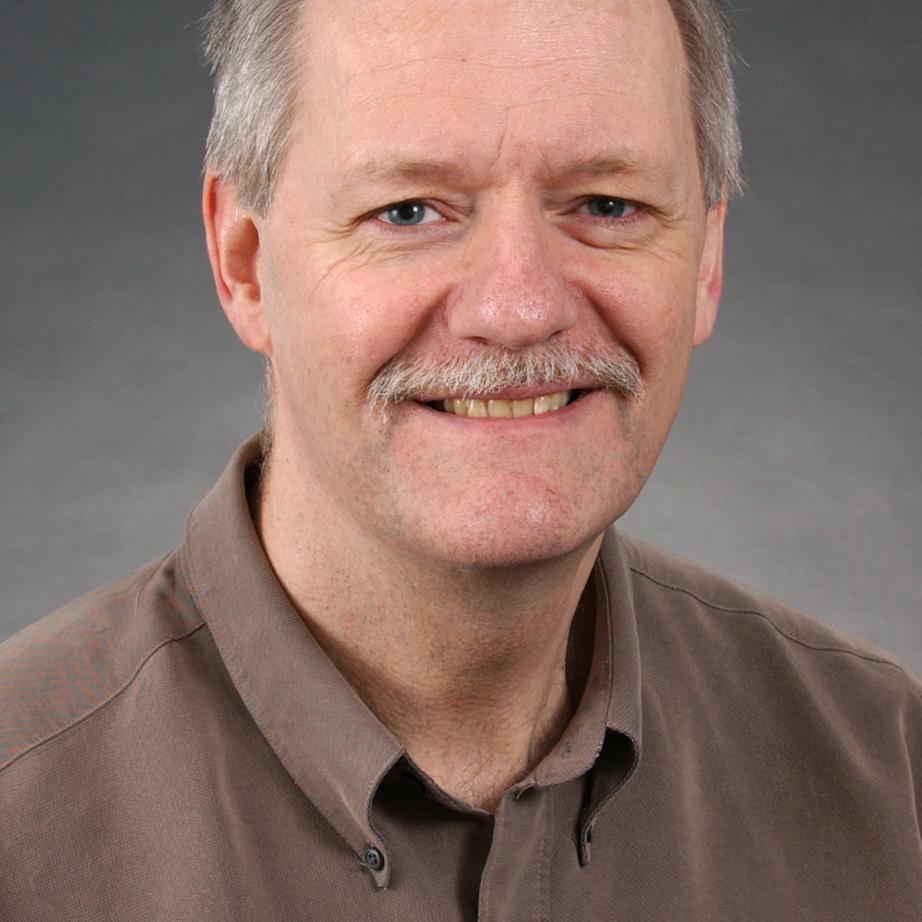Wednesday, Nov 4, 2009
While most Ph.D. programs advise scholars to become narrowly focused experts in one discipline, Dr. Don Ambrose, professor of Graduate Education, has done the exact opposite for the past 15 years. Ambrose studies high ability, which encompasses giftedness, talent, creativity and intelligence, through the lenses of multiple disciplines.
Ambrose said it is important to explore high ability from multiple perspectives because macro problems such as the collapsing economy or climate change can only be solved by experts from various fields working together.
“In terms of climate change, for example, we need climate scientists involved. We also need economists, who can discern troubling economic patterns that aggravate environmental problems, psychologists, who can see flaws in the thinking of socioeconomic leaders, and historians, who can tell us how civilizations in the past have collapsed,” he explained. “We are in a time of globalization driving everything now. We have to become more interdisciplinary in order to bridge those gaps between various fields.”
Recently, Ambrose had two books published – Morality, Ethics, and Gifted Minds (March 2009) and Expanding Visions of Creative Intelligence (September 2009), which expands upon his interdisciplinary research.
Ambrose also co-edited Morality, Ethics, and Gifted Minds with Tracy Cross of Ball State University. The book includes contributions from prominent scholars who write about morality and ethics in a variety of disciplines. Contributors include leading scholars of creativity and giftedness (Robert Sternberg, Howard Gardner, Mark Runco, Jane Piirto), critical thinking (Mark Johnson, Laurence Bove), legal theory (Meier Dan-Cohen), among others. The intent of the book was to magnify the ethical dimensions of high ability and to expand the way educators think about the ethical dimensions of giftedness, Ambrose explained.
“My interest in ethics and in all these disciplines is revealing really puzzling problems,” he said. “One of the problems I see is there are a lot of bright people doing unethical things; for instance, the people on Wall Street who drove our economy over a cliff. There’s an enormous ethical gap in their cognition. For example, among many other problems revealed by excursions into diverse disciplines, the rational actor model, distorts our understanding of human behavior while magnifying hyper materialistic self-interest.”
Ambrose also took an interdisciplinary approach while writing Expanding Visions, in which he explored 87 different theories, research findings and philosophical perspectives from 29 different academic fields and then cross-referenced them creatively in order to provide new ways of thinking about giftedness, talent development, creativity or intelligence.
“For example, unified, insular, firmly policed disciplines and fragmented, porous, contested disciplines provide very different contexts for the development of gifted young person’s talents,” he explained. “This insight was drawn from a synthesis of work in neoclassical economics, analytical philosophy, English studies, political science and cultural anthropology.”
Ambrose has just begun work on another book, Dogmatism and High Ability: The Erosion and Warping of Creative Intelligence, with leading psychologist Robert Sternberg, dean of Liberal Arts at Tufts University. Ambrose and Sternberg are inviting experts from various disciplines to explore how the narrow-mindedness and short-sightedness of some otherwise intelligent scholars and socioeconomic, political and cultural leaders affects their decisions. The book will pursue leads Ambrose unearthed in his previous research, particularly how macro problems “largely derive from the dogmatic thinking of highly creative and intelligent, gifted people.”
In the spring of 2006, Ambrose, who has written five books, became editor of the Roeper Review, an international refereed journal.
He holds a Ph.D. in Curriculum and Instruction, and a M.S. in Educational Policy and Management from the University of Oregon. In addition, he holds a B.Ed. in Curriculum and Instruction and a B.A. in Political Science from the University of Saskatchewan in Canada.
As a professor of Graduate Education in the Graduate-Level Teacher Certification Program (GLTP), Ambrose said he brings his research into the classroom. The nationally accredited program has enabled former chemists, entomologists, graphic artists, chiropractors and business partners alike, as well as recent undergraduates, to pursue their dreams as educators.
“As career changers, the students often enrich classroom conversations with their own diverse disciplinary backgrounds,” he said.

